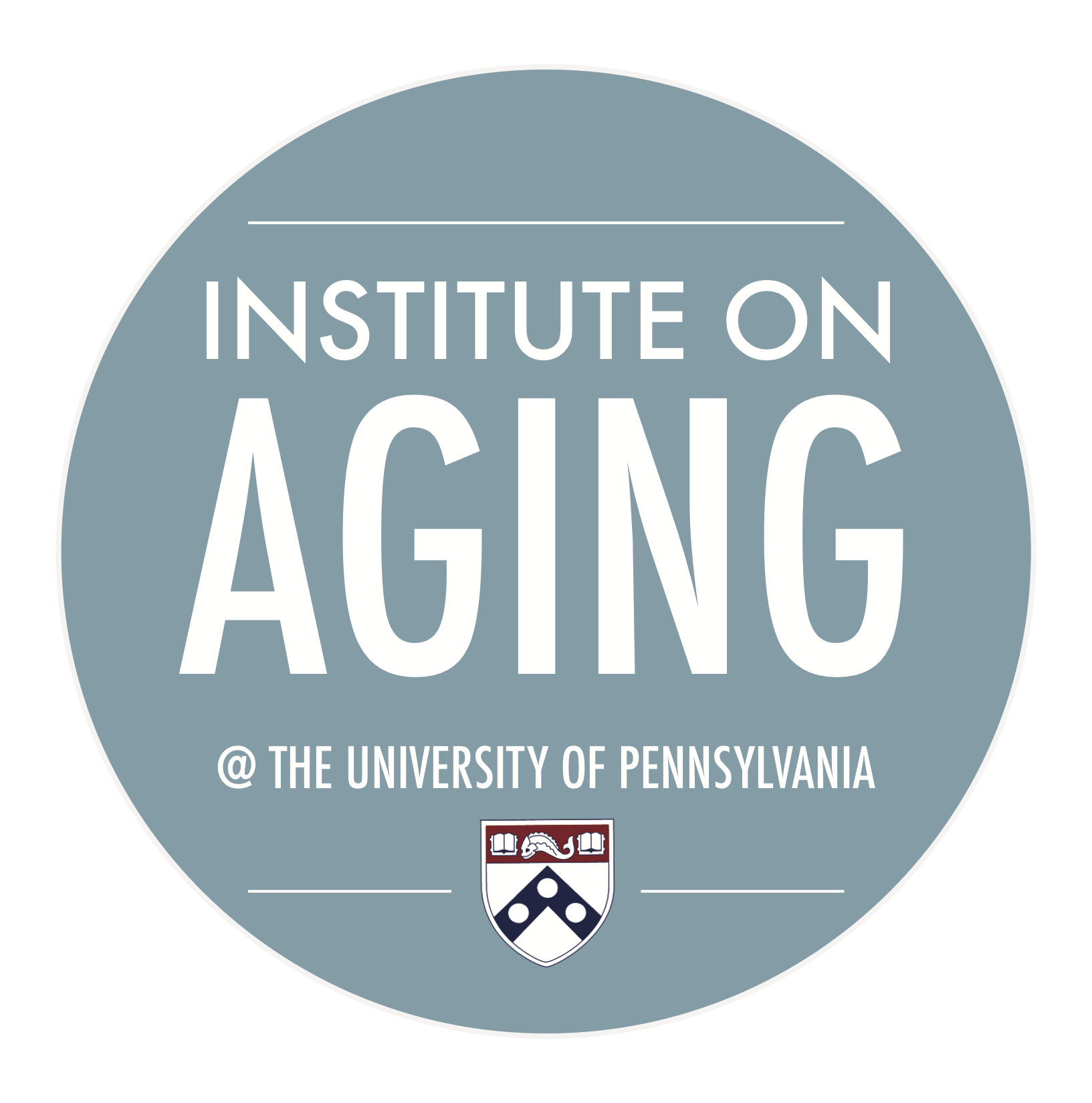The Institute on Aging’s annual Joseph A. Pignolo, Sr. Award in Aging Research was presented recently to Joseph A. Baur, PhD, assistant professor of Physiology and member of Penn’s Institute for Diabetes, Obesity, and Metabolism. Created by geriatrician and gernontologist Robert J, Pignolo, MD, PhD, in honor of his father, the award honors the best scientific research publication on biogerentology in the previous year, and is accompanied by a lecture by the paper’s author.
After careful review, the award was given to a Penn researcher for the first time. Dr. Baur co-authored a paper in Science looking at separate effects caused by the drug rapamycin, and in his talk last week, provided a nuanced perspective on how scientists could consider designing a targeted intervention to help people age successfully.
Rapamycin has been shown to expand the lifespan of mice, but with unwanted side effects: diabetes, high triglycerides and a heightened risk of cardiovascular events. His work has helped deduce how those side effects have happened, shining a light on two separate pathways that are rapamycin inhibits: mTORC1 and mTORC2.
Throughout his talk, Dr. Baur examined how disruption to mTORC2 causes insulin resistance, while inhibiting mTORC1 improved health. He noted that, if mTORC1 could be inhibited while leaving mTORC2 alone, there may be positive benefits on diseases from Alzheimer’s to rare mitochondrial diseases.
To watch his talk in its entirety, it’s now available online (to view the video, a Silverlight plugin is required).
